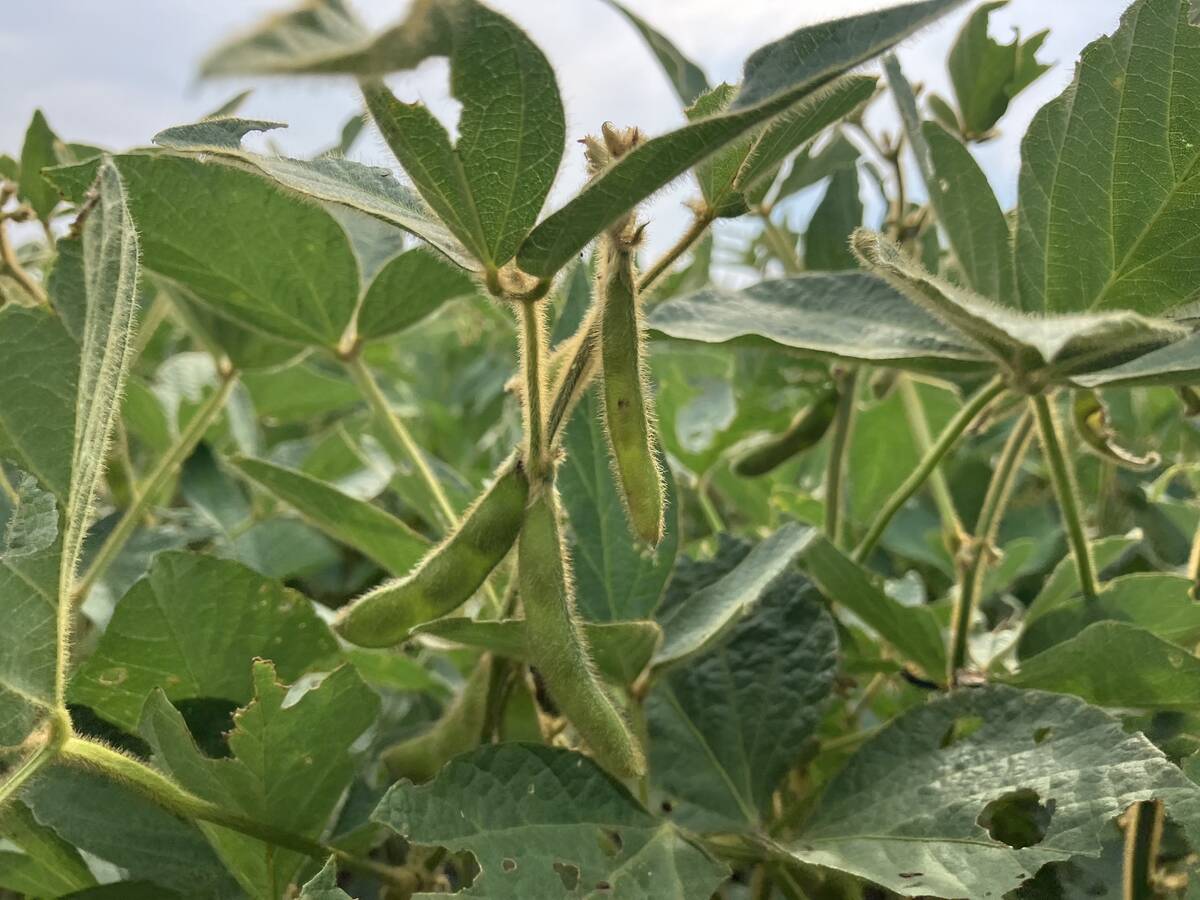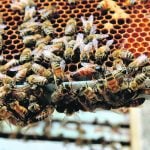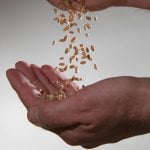AMSTERDAM (Reuters) — The businessperson at the centre of a Europe-wide fraud in which horse meat was falsely labelled has been sentenced to two and a half years in prison.
A Dutch court found that two meat wholesalers owned by Willy Selten had bought and processed at least 330 tonnes of horse meat in 2011 and 2012, selling it to customers who believed they were buying pure beef.
“By selling largely to foreign buyers, he contributed to a negative image of the Dutch beef industry, causing damage to the sector” for his own profit, the district court in Den Bosch said.
Read Also

U.S. loses out on sales of soybean to China
U.S. soybean exporters risk missing out on billions of dollars worth of sales to China this year as trade talks drag on and buyers in the top oilseed importer lock in cargoes from Brazil.
Selten received half the jail term that prosecutors had demanded.
Agriculture is crucial to the Dutch economy. The country is the world’s second-largest agricultural exporter, despite having a population of just 17 million people.
The horse meat scandal broke in January 2013 after genetic tests found traces of horse meat in burgers sold at two British supermarkets. Adulterated beef products were discovered across Europe, with suppliers in France and the Netherlands also found to have mislabelled horse meat.
Selten had told the court that the mislabelling was unintentional and the result of carelessness.
The court rejected this explanation, pointing out that accounts and invoices did not indicate the company dealt in horse meat at all.
According to prosecutors, Selten’s companies bought 300 tonnes of horse meat from suppliers in the Netherlands, Ireland and Britain in 2011 and 2012, selling it to more than 500 companies across Europe.
The scandal led to the recall of at least 50,000 tonnes of meat.
















